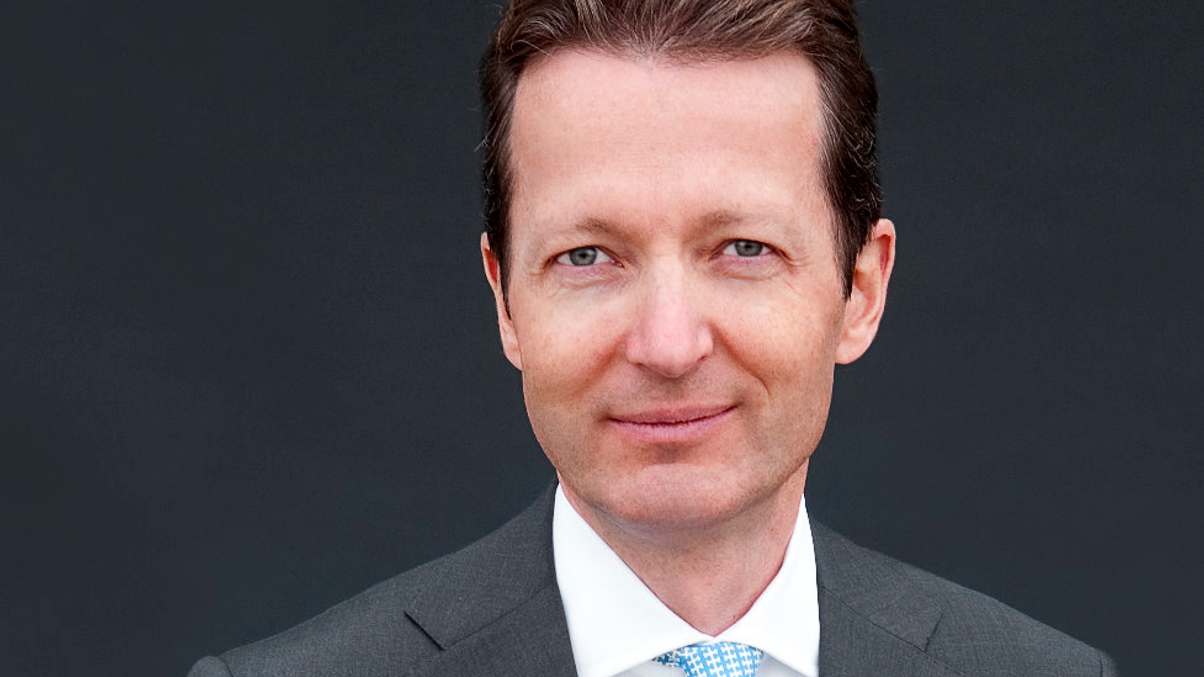Pictet puts equity team in HK, builds in EM credit
Renaud de Planta, one of Pictet’s eight partners, discusses the firm's strategy for its Asia funds business, which includes a major regional expansion.

Swiss funds house Pictet is expanding its investment and sales team in Asia, including putting equity portfolio managers and traders in Hong Kong and building an emerging-market corporate bond team.
Sign in to read on!
Registered users get 2 free articles in 30 days.
Subscribers have full unlimited access to AsianInvestor
Not signed up? New users get 2 free articles per month, plus a 7-day unlimited free trial.
¬ Haymarket Media Limited. All rights reserved.


